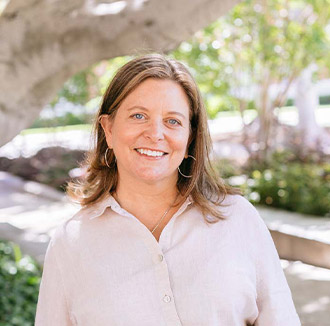![Let’s Talk about Sex [Education] Featured Image](https://wagmanlab.ph.ucla.edu/wp-content/uploads/2022/06/Lets-Talk-about-Sex-Education-Featured-Image.jpg)
Research Aims
Aim 1:
Explore how exposure to formal and informal sex education, both pre-college and in-college, impacts students’ identities and personal and romantic relationships later in life.
Aim 2:
Explore how undergraduate students experienced their formal and informal sex education in order to create student-centered recommendations for health education and policy.
Aim 3:
Understand how students from differing backgrounds (gender, sexual orientation, race / ethnicity) and cultures experienced sex education formally and informally, and its impact on their identities later in life.
Project Resources
- JA. Graduate Students are “Making a Big Fuss”: Responding to Institutional Betrayal Around Campus Sexual Violence and Sexual Harassment, Journal of School Violence, 2023. 22:1, 44-60, DOI: 10.1080/
15388220.2022.2130346 - Bloom B.E., Kieu T.K., Wagman J.A., Ulloa E.C., and Reed E. (2022) Responsiveness of Sex Education to the Needs of LGBTQ+ Undergraduate Students and its Influence on Sexual Violence and Harassment Experiences. American Journal of Sexuality Education, https://doi.org/10.1080/15546128.2022.2033662
- Bloom B.E. (2022). Getting Sex Ed to Respond to the Needs of LGBTQ+ Undergraduate Students. Sex Ed Lecture Series.
- Wenzel, C.*, Bloom, B. E., Kieu, T.* (2020, May). Let’s Talk about Sex [Education]: Focusing on the Sexual Health Education Needs of International Student Populations in the University of California System. Oral Presentation at the Center of Expertise (COE) Women’s Health, Gender and Empowerment Virtual Retreat.
- Additional publications and presentations will be made available as they are accepted
Funding Source
Phi Kappa Phi Love of Learning Award
Phi Kappa Phi Dissertation Award

Western Regional Public Health Training Center Award

In part by the Centers for Disease Control and Prevention [NUF2CE002403] and the California Department of Public Health [16-10844].
To Get Involved
For More Information
In this section, include:
- Email address of contact person: brittniebloom@gmail.com
- Phone number of contact person: 6195490393
- Other points of contact:
LinkedIn: https://www.linkedin.com/in/brittnie-bloom/
Research Gate: https://www.researchgate.net/profile/Brittnie-Bloom
Instagram: https://www.instagram.com/brittniebloom/
Research Team

Brittnie E. Bloom, PhD, MS
Principal Investigator
Undergraduate Research Assistants:
Mentors:

Elizabeth Reed, ScD, MPH
Associate Professor in Global Health at San Diego State University

Emilio Ulloa PhD
Professor of Psychology
Associate Chief Diversity Officer for HSI and Regional Affairs
San Diego State University

Jennifer Wagman, MHS, PhD
For More Information
In this section, include:
- Email address of contact person: brittniebloom@gmail.com
- Phone number of contact person: 6195490393
- Other points of contact:
LinkedIn: https://www.linkedin.com/in/brittnie-bloom/
Research Gate: https://www.researchgate.net/profile/Brittnie-Bloom
Instagram: https://www.instagram.com/brittniebloom/
